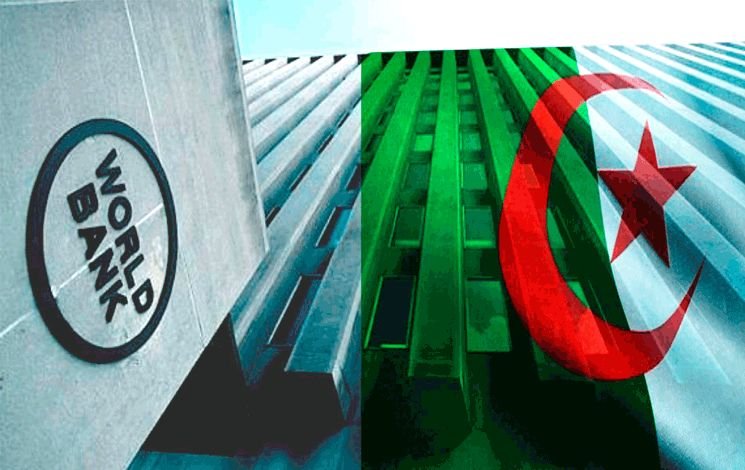Le ministre de l’Industrie l’a affirmé hier à l’APN : Plan de relance des EPE et des entreprises à l’arrêt
In English:
The future of the public economic sector remains a major concern of the moment. Should it be kept on life support by injecting colossal amounts of public money to save jobs, or should solutions be sought, such as finding buyers for certain companies, with all the social implications that entails?
The question is undoubtedly a dilemma, and that is why almost all attempts to transform this crucial sector, once considered the industrial flagship of Algeria, have fallen short. Past restructuring operations have swallowed up billions of dinars. Thus, the issue still confronts the current Executive today. After numerous hesitations, the government seems finally determined to tackle this problem head-on.
This is at least the sense gleaned from the statements made by the Minister of Industry and Pharmaceutical Production, Ali Aoun, before the commission on economic affairs, development, industry, trade, and planning in the National People's Assembly (APN). According to the APS, Aoun presented an overview of the sector's reality and his plans for the future.
The minister thus addressed the problems and accumulated delays of the public economic sector for years, stating, according to the same source, that "2024 will be the year of the rebirth of this sector, through an ambitious program that adopts a new strategy based on improving performance, good management of public economic enterprises, and removing obstacles that hinder them."
He reminded, on this occasion, that the public industrial sector consists of 11 groups and holdings, 182 companies, and a specialized company in analysis and forecasting, as well as an industrial university.
Regarding the economic indicators of the sector until August 2023, the minister indicated that they reflect "the continued recovery of holdings and industrial groups, against the fragility of certain groups and companies and a weakness in meeting market requirements and keeping up with competitiveness."
Discussing the development strategy of the public sector, Aoun specified that this strategy is based on three main axes: the reorganization of the commercial and industrial public sector, the governance of economic public enterprises (EPE), the removal of obstacles for inactive EPEs, numbering 31 companies, and the revival of inactive EPEs and units, numbering 51 companies.
As a knowledgeable figure in the pharmaceutical industry, Aoun mentioned that the local pharmaceutical products industry covers approximately 68% of needs, according to statistics at the end of 2022, and is expected to reach a rate of 70% by the end of 2023. According to him, 3,327 medicines are produced locally out of a total of 4,544 medicines registered in the national drug list.
In conclusion, the president of the APN commission emphasized the importance of the industry and pharmaceutical production sector, as well as its significant contribution to the revival of the national economy. Commission members also discussed "regulating imports to curb unfair competition with local products, reviving promising industries, clearing the debts of economic enterprises, creating micro-activity zones at the municipal level, the fate of private flour mills, and supplying medicines in shortage or high demand."
Source elwatan











